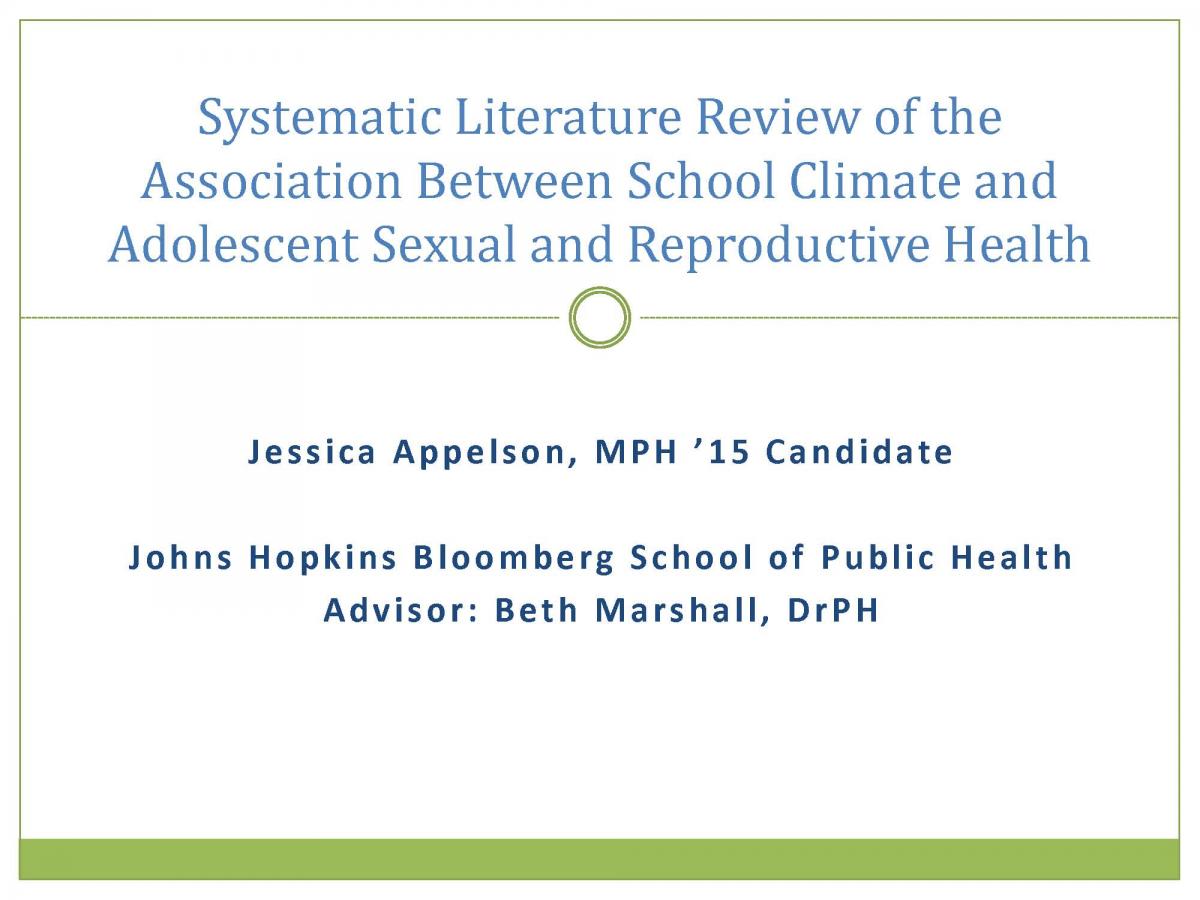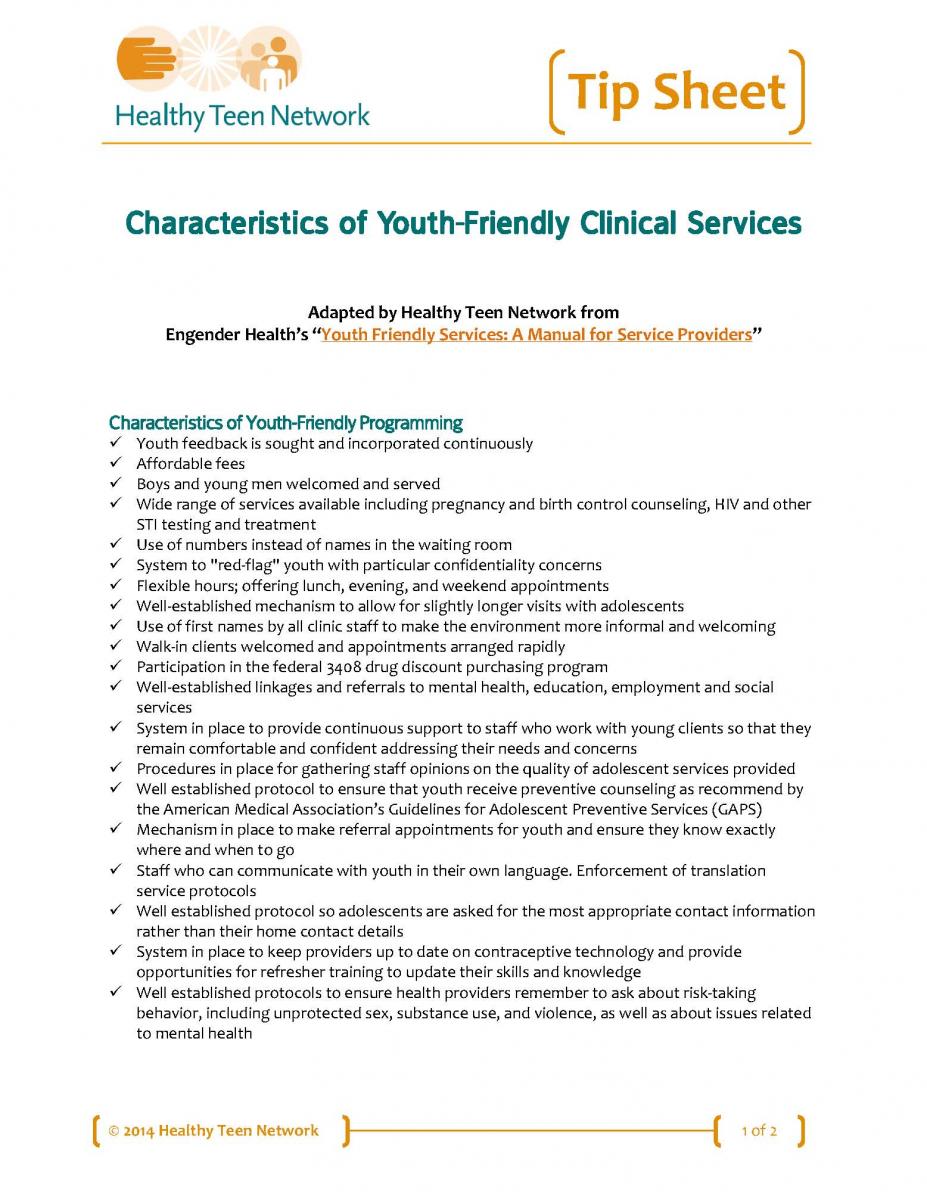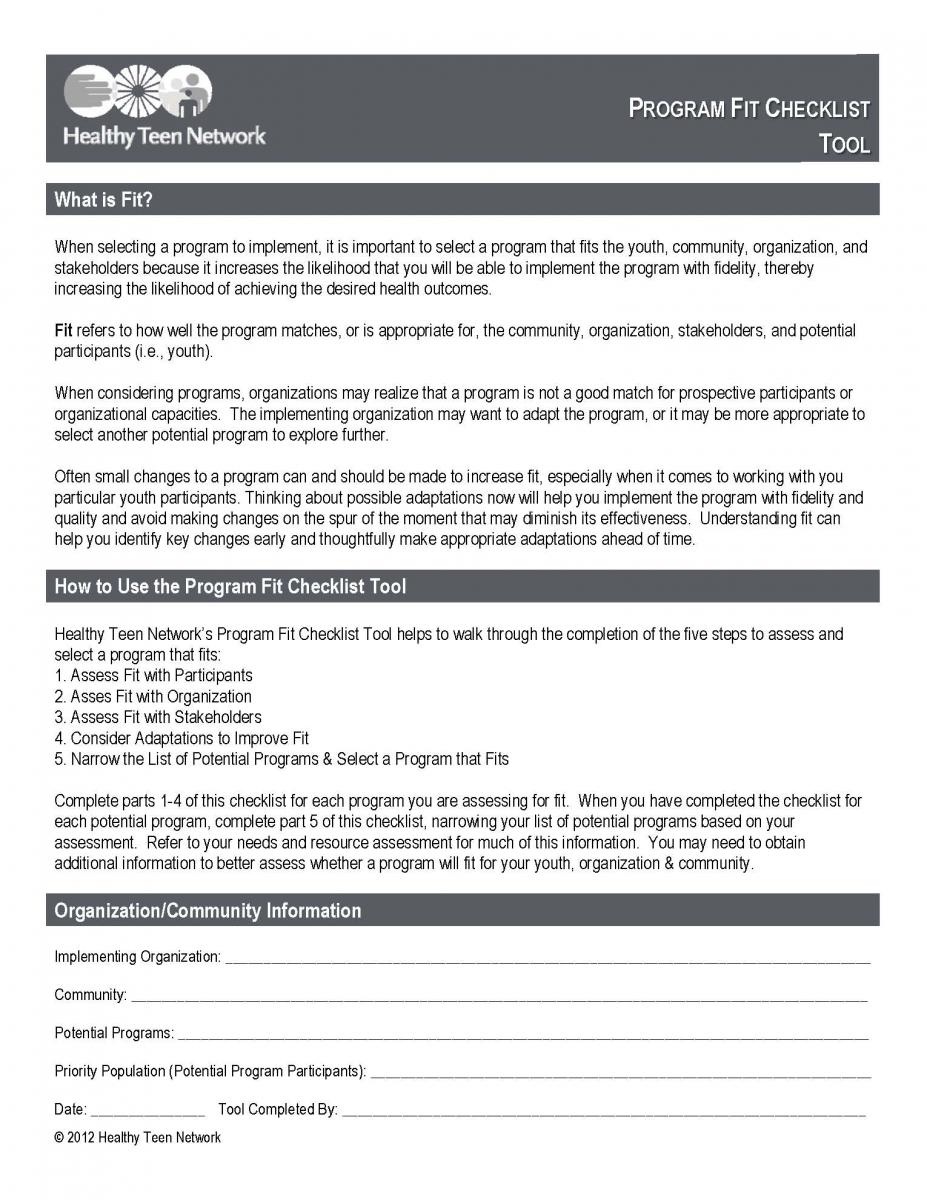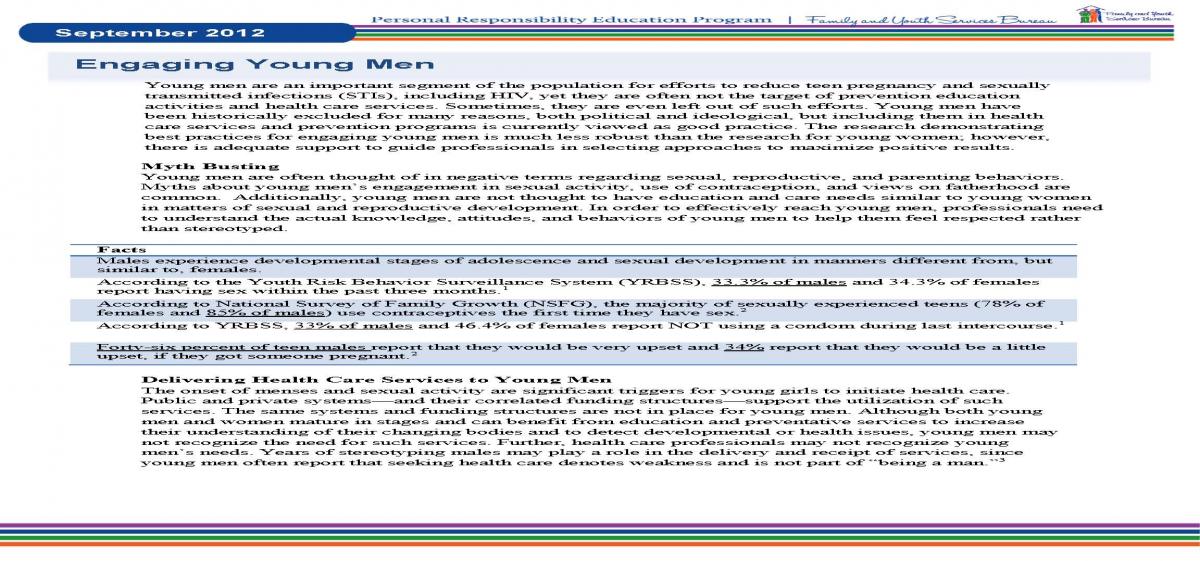Notice: Undefined index: desc in /var/www/html/wp-content/themes/JointsWP-CSS-master/tag.php on line 36
Notice: Undefined index: asc in /var/www/html/wp-content/themes/JointsWP-CSS-master/tag.php on line 38
Sort By Date |
Sort By Title
June 2, 2015
Our Youth 360° model highlights the importance of addressing social determinants of health that occur in the school level. This systematic review sought to characterize the current state of the literature on school climate and ASRH. Implications for school-based programs and research are summarized. See also: Presentation Slides
Read moreSystematic Literature Review of the Association Between School Climate and Adolescent Sexual and Reproductive Health (Slides)

Our Youth 360° model highlights the importance of addressing social determinants of health that occur in the school level. This systematic review sought to characterize the current state of the literature on school climate and ASRH. Implications for school-based programs and research are summarized. See also: Summary Report
Read moreTool: Instructor Interview
May 26, 2015

This tool is designed to help you learn more about sexuality education implementation in the classroom by conducting interviews with instructors. It is designed to be administered at any time after instructors have implemented a set of lessons. (Related resource: What’s Going on in the Classroom?)
Read moreTool: Instructor Observation
This tool provides examples of skills instructors need to deliver sexual health education effectively, as described in the National Teacher Preparation Standards. (Related resource: What’s Going on in the Classroom?)
Read moreTip Sheet: What’s going on in the classroom? Assessing the Implementation of Sexuality Education
If your aim is to improve the quality of sexuality education in schools, one of your top priorities is likely to be to provide a high quality curriculum or set of lesson plans. You’ll also want to know how the lessons are being implemented in the classroom. This resource provides tips for assessing the implementation…
Read moreGuide for Technical Assistance Providers Working with Promoting Science-Based Approaches in Teen Pregnancy Prevention Using Getting to Outcomes
May 15, 2015
We developed a comprehensive guide that will bolster your knowledge and sharpen your skills providing technical assistance and collaborating with program staff on Promoting Science-Based Approaches in Teen Pregnancy Prevention using Getting To Outcomes® (PSBA-GTO®). The guide includes common issues TAPs experience, suggested solutions, resources, and tools so that you can effectively guide implementation partners…
Read moreTip Sheet: Characteristics of Youth-Friendly Clinical Services
April 29, 2015

Youth-friendly services are services that all adolescents are able to obtain, and these services, which include full contraceptive coverage to avoid unintended pregnancies and STIs, should meet youth’s expectations and needs and improve their health. This tip sheet highlights characteristics of youth-friendly programming, facilities, and providers. See our other resources on youth-friendly services: Youth-Friendly Services…
Read moreReadiness for Sustaining Getting to Outcomes among Local Providers
March 11, 2015
Readiness for Sustaining Getting to Outcomes® Among Local Providers: A Discussion Guide for Technical Assistance Providers offers a series of questions designed to determine how ready an organization is to sustain an innovation. This discussion guide focuses on sustaining the Getting to Outcomes evidence-based framework, however, this tool applies best practices for sustaining any innovation…
Read moreTool: Program Fit
January 14, 2015

Fit refers to how well the program matches, or is appropriate for, the community, organization, stakeholders, and potential participants (i.e., youth). This tool supports assessing programs for fit. Read more about fit in the Evidence-Based Resource Center.
Read moreTip Sheet: Engaging Young Men
January 12, 2015

Young men are an important segment of the population for efforts to reduce teen pregnancy and sexually transmitted infections (STIs), including HIV, yet they are often not the target of programming and health care services. The research demonstrating best practices for engaging young men is much less robust; however, there is adequate support to guide…
Read more
